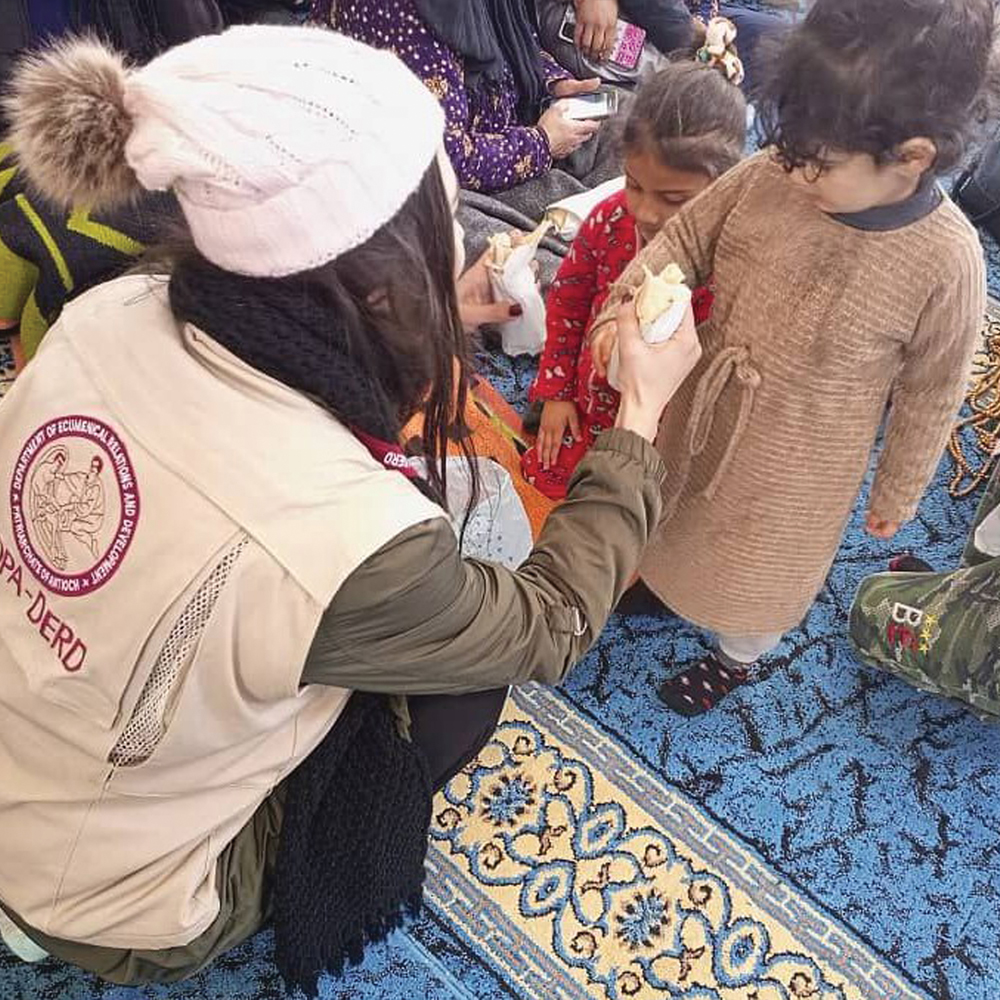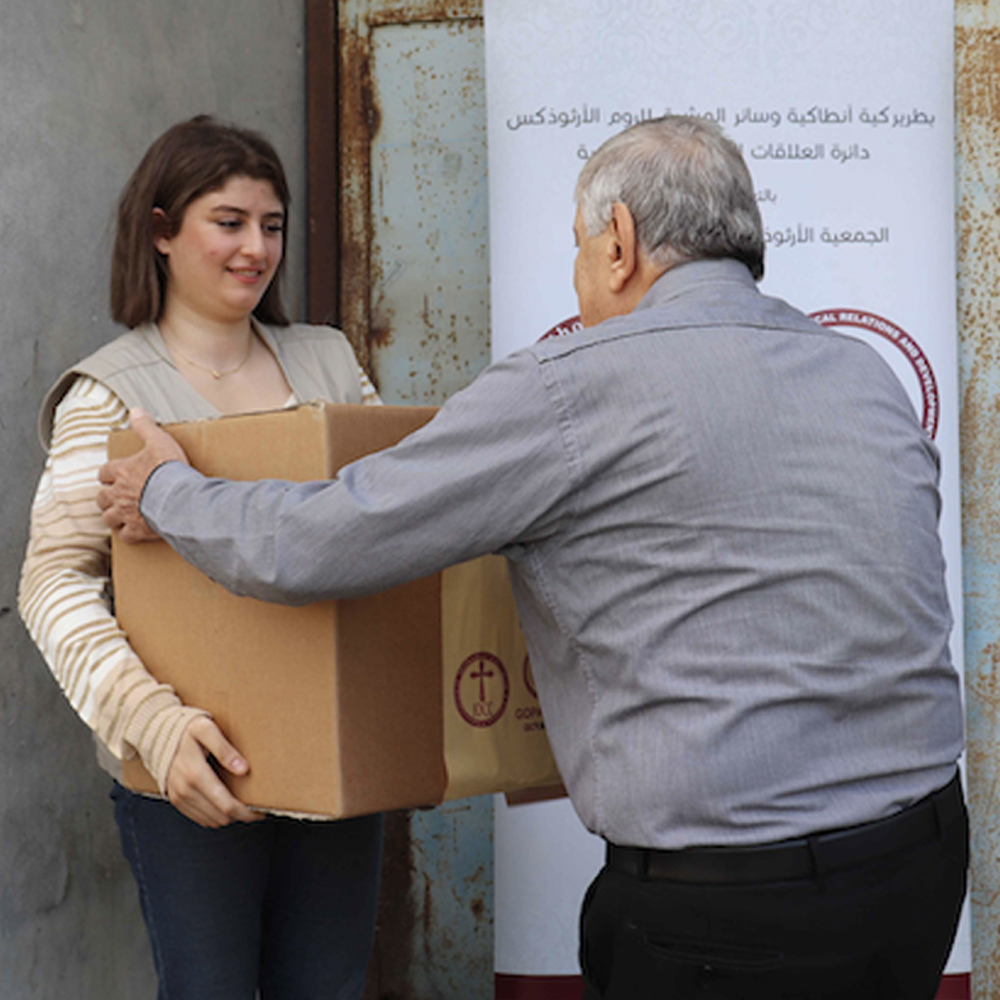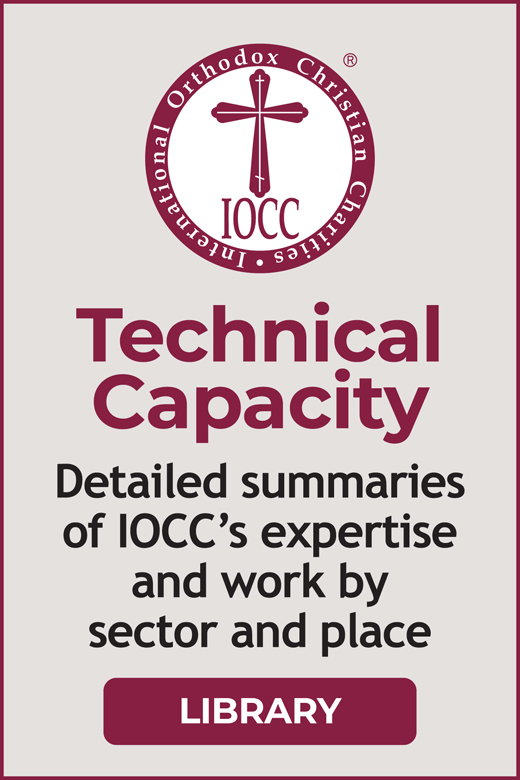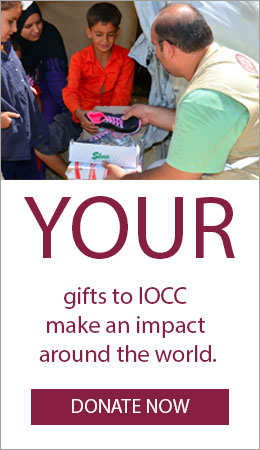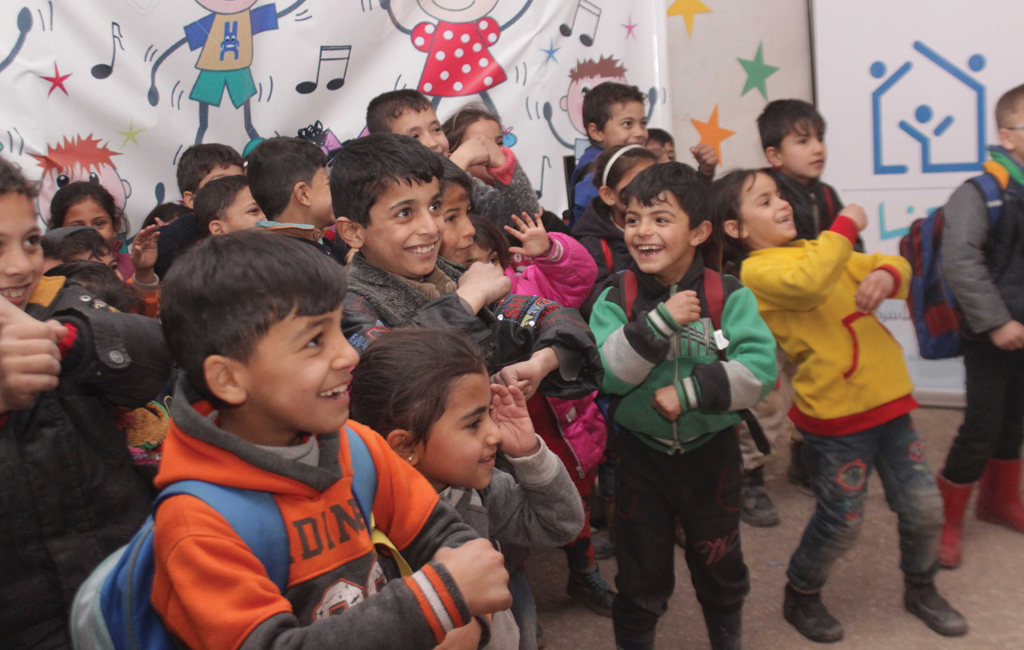
IOCC has served in Syria since 2002, working closely with the Greek Orthodox Patriarchate of Antioch and All the East, Department of Ecumenical Relations and Development (GOPA-DERD). Since the Syrian conflict began, IOCC has addressed the emergency needs of Syrians and Iraqi refugees through relief supplies, clean water and sanitation access, medical equipment and supplies, and shelter. IOCC has also helped Syrians rebuild their livelihoods and offered education and psychosocial support. All aid is provided based solely on need.
Responding amid Conflict
Since 2012, IOCC’s broad emergency response program has reached over 4,400,000 people in need, including many displaced by conflict. Services include maternal and children’s health, childhood nutrition, and psychosocial support. IOCC has provided food, nonfood emergency items, and rent support to over 1.1 million Syrians in need and Iraqi refugees across the country and has trained over 4,300 volunteers to provide rapid emergency response. After destructive earthquakes in 2023, IOCC and our Church partner helped survivors with emergency aid.
New Ways to Earn
In 2022–2023, IOCC helped hundreds of women and young adults in and around Damascus improve their quality of life by establishing a training center and providing vocational courses that equipped them to find employment. Since conflict began, IOCC has also provided over 1,700 people in need with opportunities to improve their lives, including vocational and small-business training for over 230 women. After training, participants received start-up kits to kick-start their at-home businesses.
Health
IOCC has established 16 family spaces, or Dream Centers, in Syria. Each serves an average of 6,500 people in both rural and urban settings and provides communities and families with psychosocial support, gender-based violence awareness, and referral services. In addition, mobile teams based at the centers conduct trainings, evaluations, and referrals in surrounding areas. Amid the conflict, IOCC has rehabilitated health facilities and emergency units in hospitals and provided critical medical equipment to hospitals serving at no charge.
Water, Sanitation, and Hygiene
IOCC’s water and sanitation programming has reached over 2.7 million people since the onset of conflict in 2011. Work includes over 70 water infrastructure projects, such as installing and repairing wells and providing storage tanks and water-distribution systems. IOCC has also facilitated water trucking to ensure more than 49,600 people have clean water and has delivered over 14,500 water tanks to families in need, serving over 254,900 people.
Syria: Equipping Women to Earn a Living
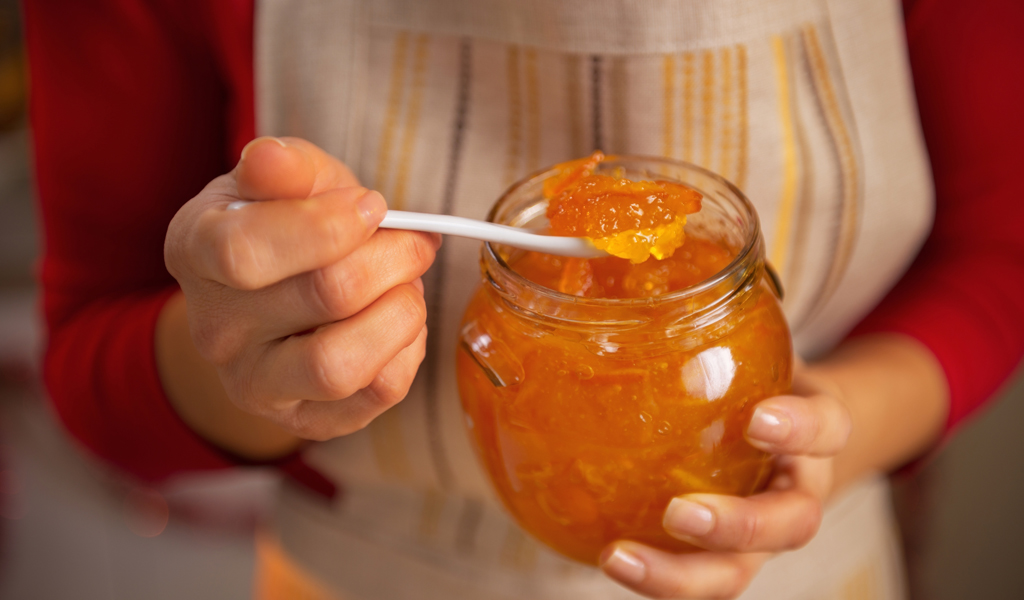
“Working [here] has helped me regain my life after the harsh experience of displacement,” said Nour (pseudonym). “I can now support my family and afford medication for my parents, who are both ill. I have also gained a great deal of experience in food processing.”
Nour is a Syrian returnee who is part of an IOCC-supported food-processing workshop in a village of Rural Damascus, Syria. In the workshop, local women train to produce and sell traditional food, acquire marketing skills, and earn incomes to help support their families.
The conflict in Syria overtook Nour’s village and led many of its residents to flee. Several years later, some are returning to slowly rebuild their lives. This food-processing workshop has been part of that revival.
At local women’s request, IOCC partner the St. Ephrem Patriarchal Development Committee (EPDC) set up the workshop, equipping it with the basics and initially employing eight women. IOCC recently helped expand the workshop, renovating the space for more efficient production and adding essential new equipment, including a refrigerator and freezers. These changes will allow the women to produce, store, and sell a wider range of foods, including traditional dairy products like cheese and labneh. IOCC funding also helped repair the workshop’s outdoor area, turning it into a cafeteria where visitors can enjoy the village’s traditional food and buy food prepared in the workshop. Some 25 women now work there, and their products are sold both on-site and in two nearby shops, as well as in the old city of Damascus. In addition, the workshop is helping revive the area’s economy by purchasing produce and other raw materials locally and from surrounding villages.
With growing production, increasing sales, and bright prospects, this modest workshop is a hopeful sign as Nour and her neighbors work for a brighter tomorrow.


